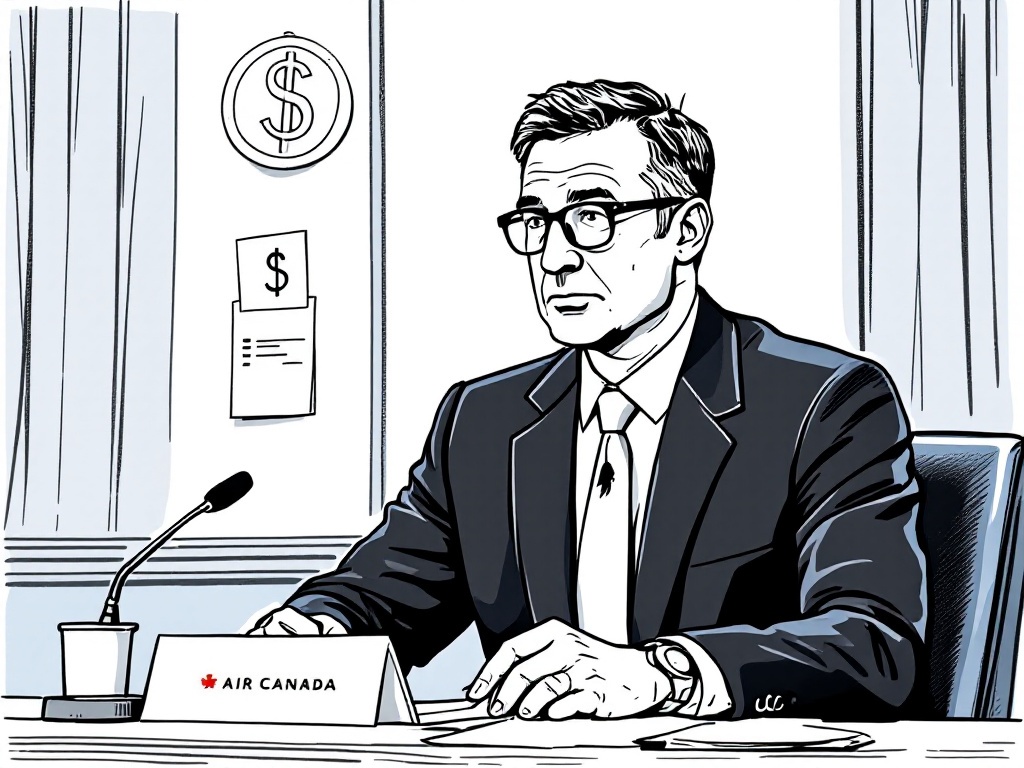Air Canada CEO to Testify on New Carry-On Baggage Fees

Ottawa, Wednesday, 11 December 2024.
Air Canada’s CEO, Michael Rousseau, will testify before the Canadian government regarding new carry-on baggage fees, amidst criticism from lawmakers and passengers over additional airline charges.
Upcoming Parliamentary Testimony
Air Canada (TSE:AC) CEO Michael Rousseau is scheduled to address a Canadian government committee panel on December 13, 2024, regarding the airline’s controversial new carry-on baggage fees [1][2]. The testimony comes in response to the carrier’s recent announcement of new charges that will take effect from January 3, 2025, affecting passengers on North American and Caribbean routes who choose the lowest-priced fares [2].
New Fee Structure Details
Under the new policy, while passengers can still bring one small personal item for free, larger carry-on items will incur a fee of C$35 (approximately $24.78) for checking [2]. The stakes are particularly high for passengers who arrive at the gate with ineligible carry-on items, as they will face a C$65 charge per item [3]. Air Canada maintains that these changes align with ‘industry standard’ practices [2][3].
Government and Public Response
The announcement has drawn sharp criticism from Canadian officials, with Transport Minister Anita Anand expressing strong disapproval of the new fees [3]. ‘This is not acceptable at a time when Canadians’ pocketbooks are hurting and when they’ve been saving for their travels,’ stated Anand [3]. The controversy comes amid broader scrutiny of airline fees, with recent data showing that ancillary revenue from baggage fees is projected to reach $148.4 billion in 2024, representing approximately 15% of global airline revenue [2].
Industry Context and Market Impact
The announcement has already affected Air Canada’s market performance, with shares declining nearly 1.5% in Wednesday morning trading [5]. The airline’s decision follows similar moves by other carriers, including United Airlines, which charges basic economy passengers $35 for carry-on bags [2][3]. This industry-wide trend of increasing ancillary fees has drawn criticism from lawmakers in both Canada and the United States, where major carriers generated $12.4 billion from seat fees alone between 2018-2023 [2].